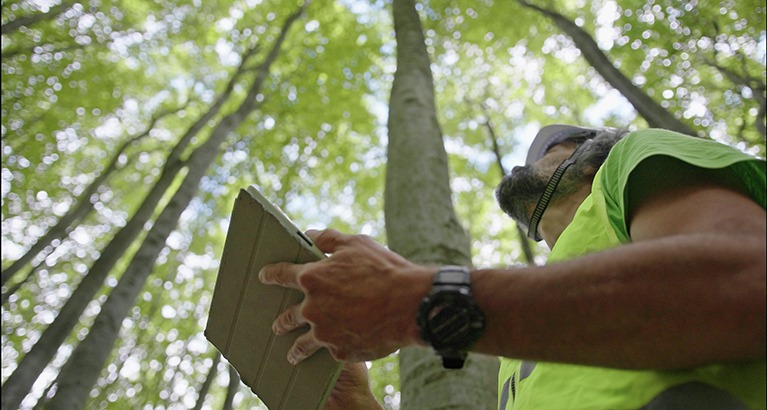From the new policies of an incoming US President to continuing conflict in Ukraine and the Middle East, uncertainties abound as we enter 2025. But that hasn’t stopped Cambridge Judge Business School faculty members from making predictions for the new year on issues ranging from entrepreneurship to energy.
Here are their thoughts on what to look out for, and what key steps can be taken, in the year that just began:
Combining a collegial culture with high performance
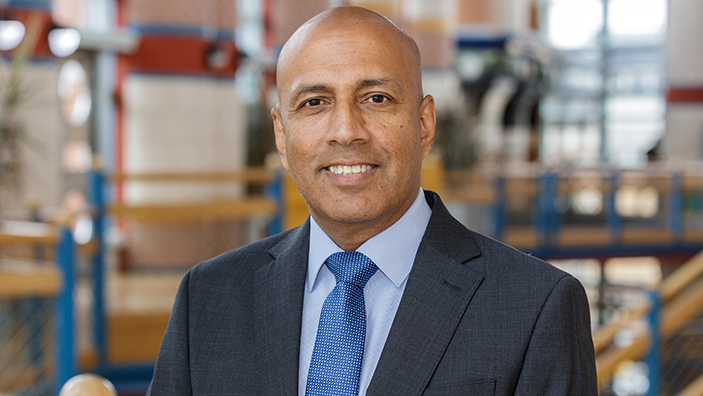
We are truly blessed at Cambridge Judge Business School to be able to draw on the expansive insight and expertise of the broader University of Cambridge, and I am resolved to further leverage those strengths in 2025. The areas of interest to our Business School students – including the economy, healthcare and sustainability – overlap in many respects with world-leading University of Cambridge knowhow in such fields as social sciences and engineering that are vital to tackling essential societal tasks.
As a business school, we aim to demonstrate both values and value. Inclusion, equality and diversity are essential to our mission, as a collegial culture can and must go hand in hand with high performance as Cambridge Judge seeks to set an example for the business world and every other corner of society.
Professor Gishan Dissanaike, Dean of Cambridge Judge Business School
Behavioural nudges take time, but can boost sustainability
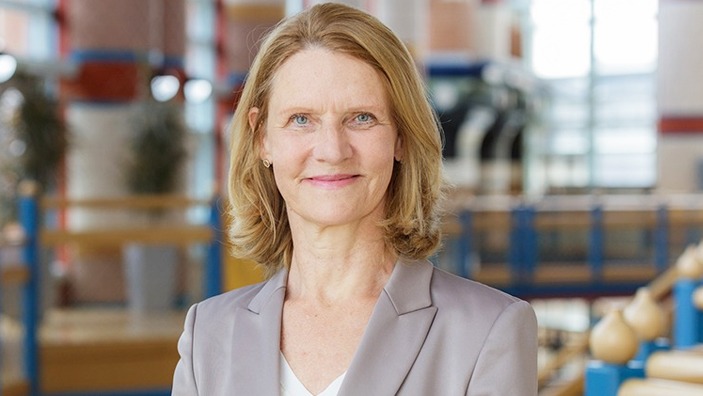
As we enter 2025 I am concerned that efforts to achieve sustainability are facing significant headwinds, so we need to resolve ourselves to overcome these obstacles. While governments and other large organisations have a key role to play in this, small things count as well – so as students, teachers, employees and citizens we all play a role in building trust in good policies.
Behavioural approaches may take time to have a big effect, but incremental changes to behaviour through nudges and other techniques can create better structures and, ultimately, a more sustainable future. Such small nudges may not result in headlines, but they really matter in building a better world.
Lucia Reisch, El-Erian Professor of Behavioural Economics and Policy at Cambridge Judge
Cutting through the noise of disinformation and uncertainty
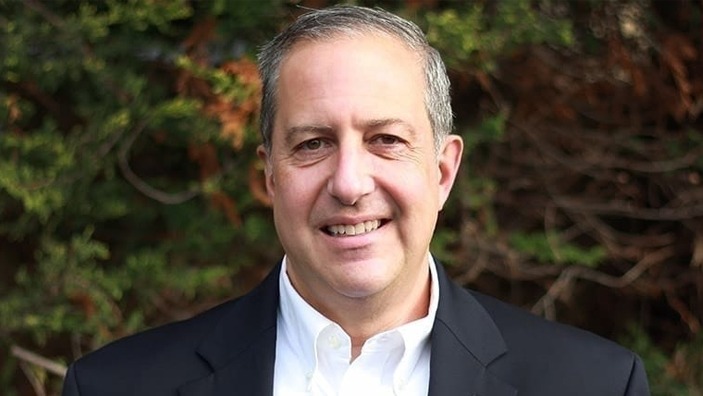
As we look forward to the second Cambridge Disinformation Summit, to be held 23-25 April, I expect the themes of disinformation and chaos to be front and centre in the year ahead. There is political uncertainty in many countries, so many parties are manoeuvring for control over data, media and other key power systems. Cutting through the noise will be essential for business education in 2025, to help students retain a global perspective in the midst of short-term chaotic distractions.
Leading business schools must leverage expertise in areas like supply chain flexibility, sustainability, civil disorder and the threat of forced human trafficking to help future leaders prepare to make a difference in all sectors – including the political arena where they might be able to counteract the disinformation poisoning our society.
Alan Jagolinzer, Professor of Financial Accounting and Vice-Dean for Programmes at Cambridge Judge, and organiser of the upcoming Cambridge Disinformation Summit
AI becoming commoditised raises the importance of human talent
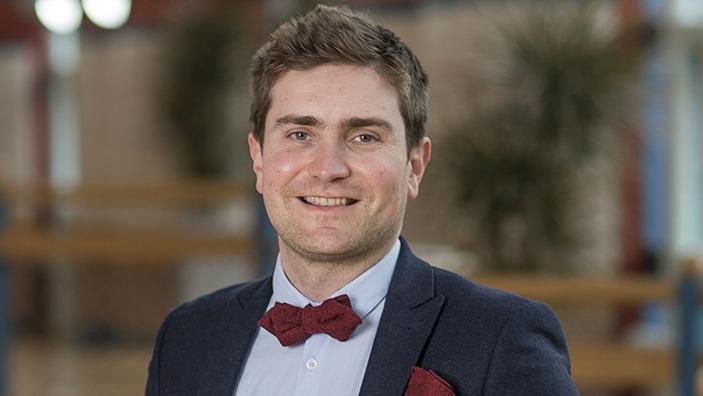
I expect that in 2025 we will continue to see variance in the way people relate to their work: some will thrive in office environments, while others will disengage from office life through hybrid and other forms of working owing to the erosion of corporate culture.
Human resources matter – especially as Generative AI plays a greater role at the workplace. In fact, there is a paradox here: GenAI is becoming increasingly accessible, thus less of a competitive advantage, so a firm’s ability to retain, reskill and otherwise best utilise its human talent can make a huge difference.
Thomas Roulet, Professor of Organisational Sociology and Leadership at Cambridge Judge
How small enterprise can help tackle huge societal challenges
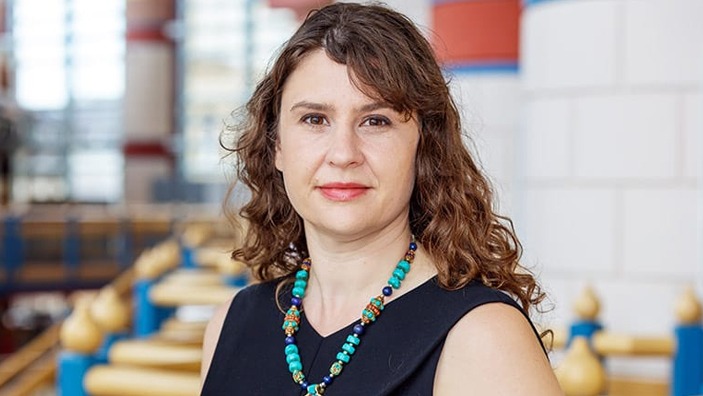
I believe that entrepreneurial endeavours will assume increasing importance in this coming year, particularly related to social and sustainability issues that matter greatly to our students.
There will, of course, still be plenty of chatter around artificial intelligence and blockchain, and perhaps record-breaking fundraising around these technologies, but smaller entrepreneurial initiatives that innovate for on-the-ground change will help provide essential solutions to the world’s most challenging issues.
Monique Boddington, Management Practice Associate Professor and Director of the Master of Studies in Entrepreneurship Programme at Cambridge Judge
Broadening business school focus beyond Western economies
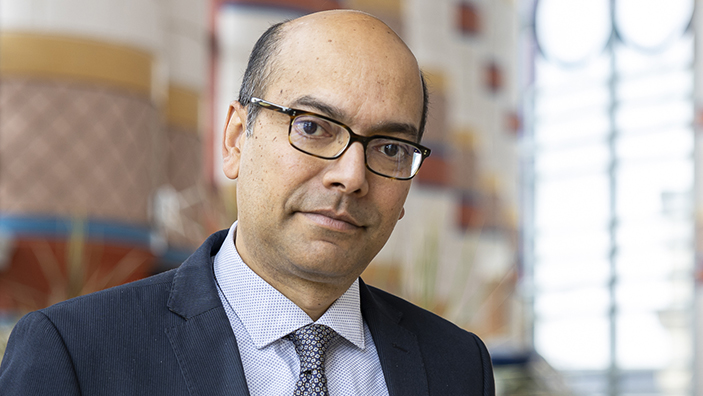
The world is increasingly multipolar, as emerging markets now comprise the majority of global economic activity, growth and population. So as an educator, I believe that business schools in 2025 and beyond should broaden their curricula and research to reflect this shift away from Western economies. Frugal innovation, born out of necessity in poorer countries, is becoming increasingly important to business leaders as they focus on sustainable practices including reuse of limited resources.
Another area of increasing focus for me in 2025 is the role of family enterprises and informal businesses, because understanding these structures can help future leaders prepare for a shifting global business landscape.
Jaideep Prabhu, Professor of Marketing and Vice-Dean for Faculty at Cambridge Judge
Avoiding a global trade war would help decarbonising efforts
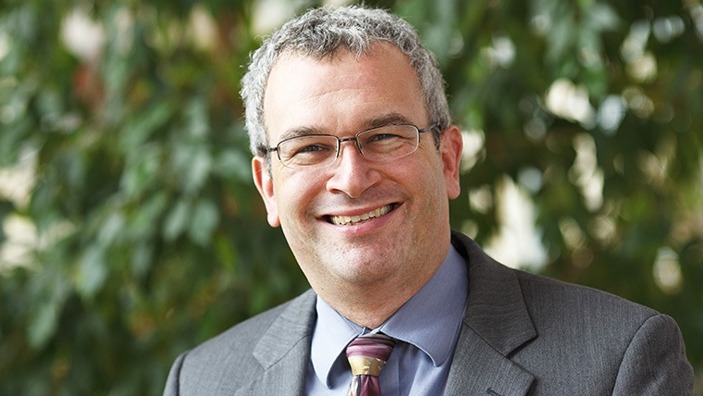
A key focus this coming year in the energy sector will be on trade, as energy and climate lie at the heart of global disputes in this area.
These issues range from China’s clean-energy manufacturing dominance, the incoming Trump administration’s embracing of tariffs, and the European Union’s carbon adjustment mechanism due to take effect next year following a transition period that ends on 31 December 2025. A trade war would hurt global economic growth while also thwarting efforts to decarbonise economies.
David Reiner, Professor of Technology Policy at Cambridge Judge





